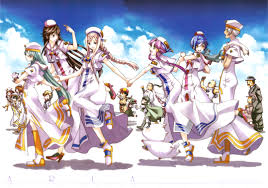记忆方法
将“aria”与“air”联系,想象在“air”中有一段优美的旋律,就像歌剧中的独唱部分。这样可以帮助记忆“aria”指的是歌剧中的咏叹调或独唱曲。
以上内容由AI生成, 仅供参考和借鉴
英语词源
- aria
-
aria: see air
- aria (n.)
- from Italian aria, literally "air" (see air (n.1)).
权威例句
- 1. The audience applauded after the soprano sang the aria so beautifully.
- 女高音将咏叹调唱得十分优美,观众爆发出热烈的掌声.
- 2. Then Chueh - min's voice rose again, this time in a popular operatic aria.
- 过了一会儿,依旧是 觉民 的声音飞起来, 唱一首流行的歌曲.
- 3. This aria is soft and melodious.
- 这段唱腔流畅而圆浑。
- 4. " You certainly have a big voice, " laughed Chueh - hsin, and he launched into a Peking opera aria.
- “ 你的声音真大, ” 觉新笑着对 觉慧 说, 只听见他在上面唱京戏.
- 5. The Pleasures of Childhood: Aria, Minuetto , Valse, and Marcia , Opus I, by Jean - Christophe Krafft.
- 名为—— 约翰·克利斯 朵夫·克拉夫脱作品第一号;童年遣兴: 咏叹调 、 小步舞曲 、 圆舞曲和进行曲.
